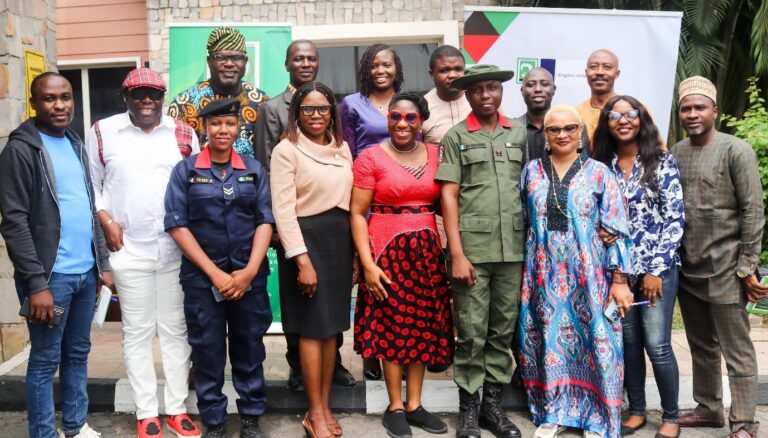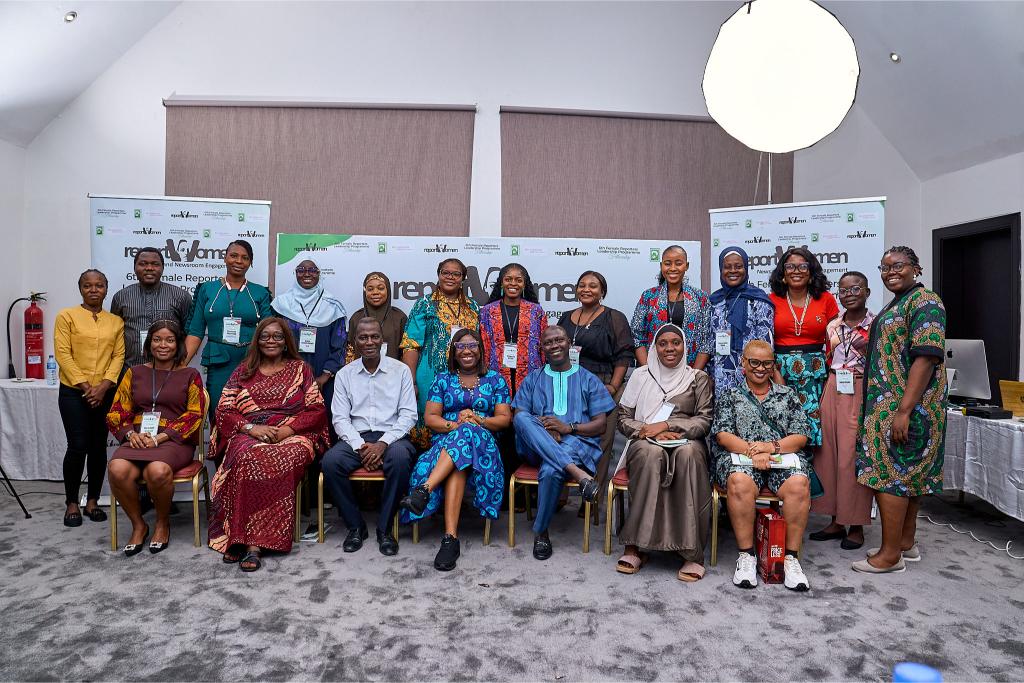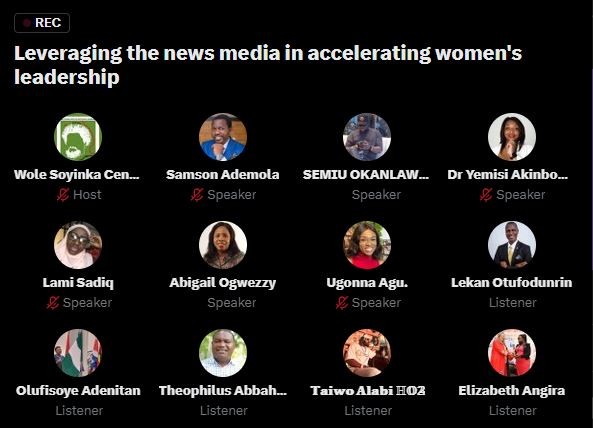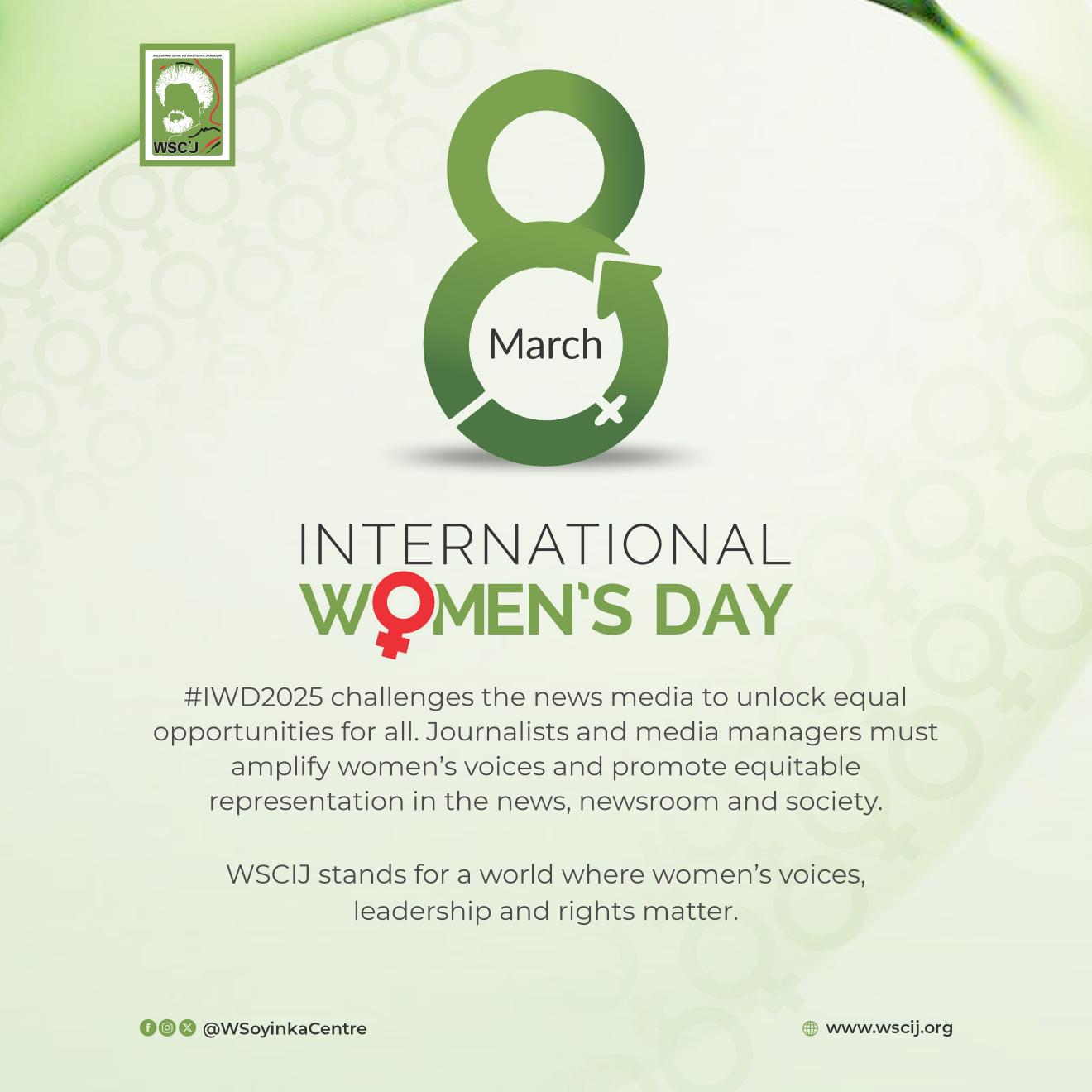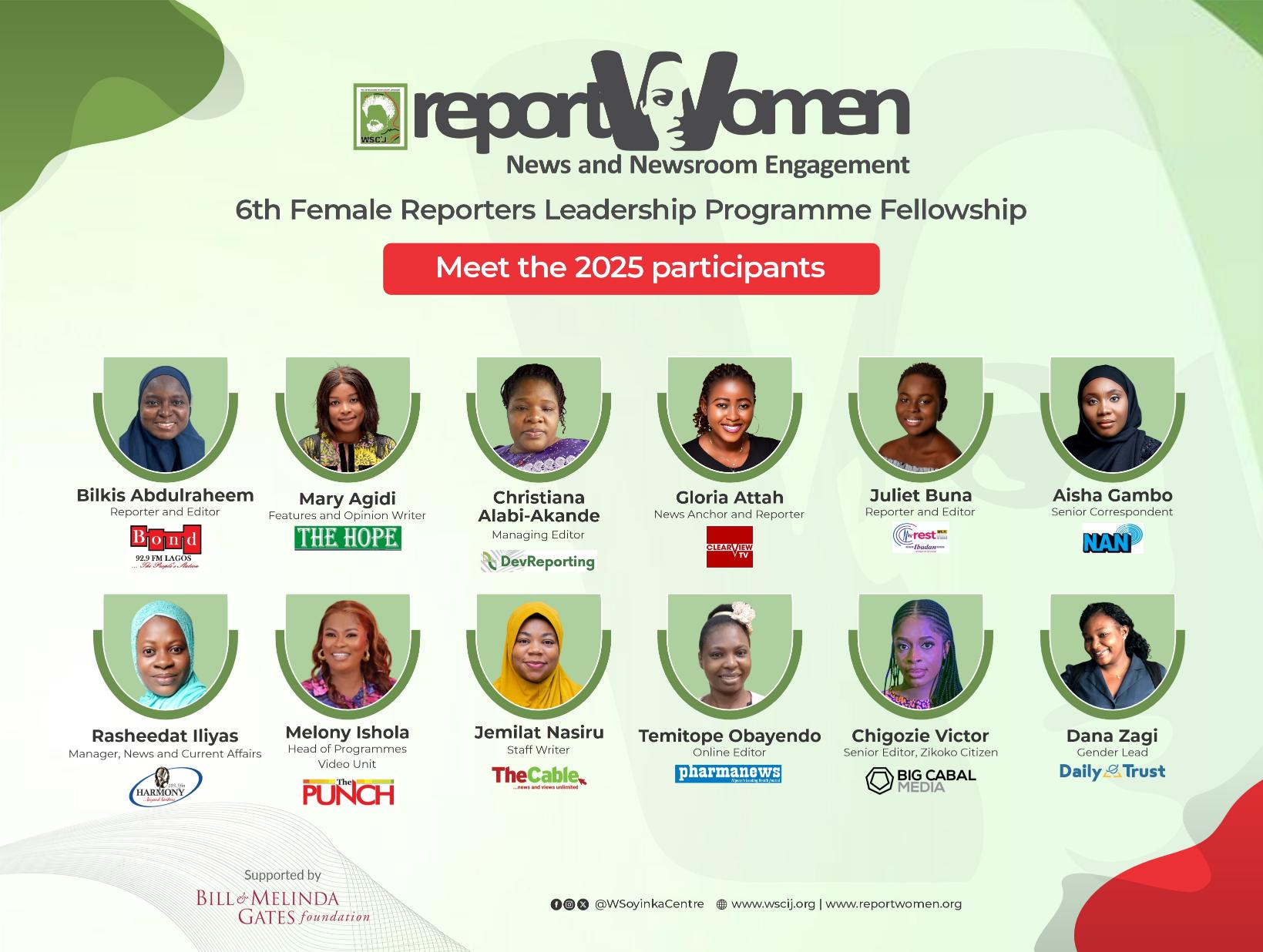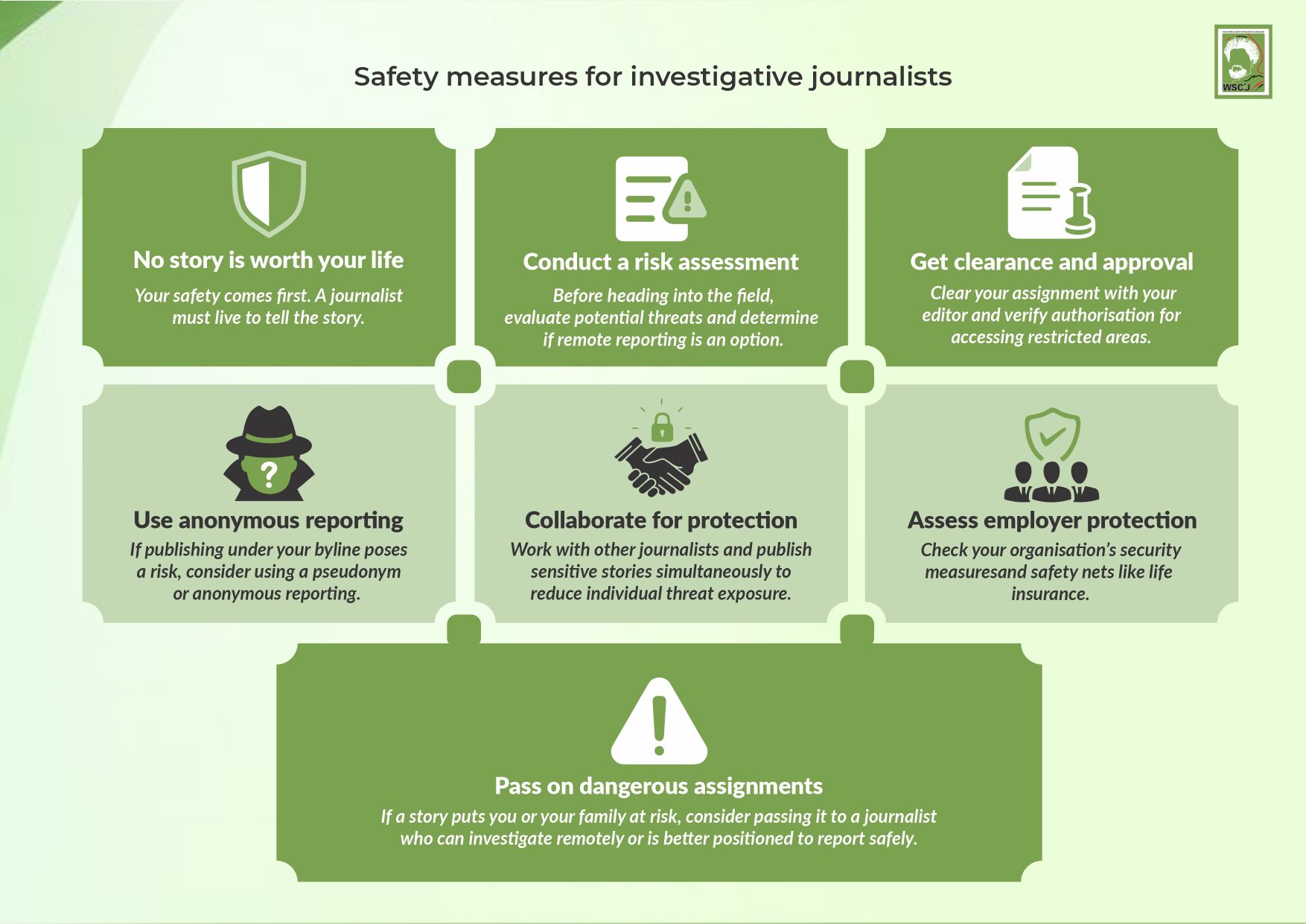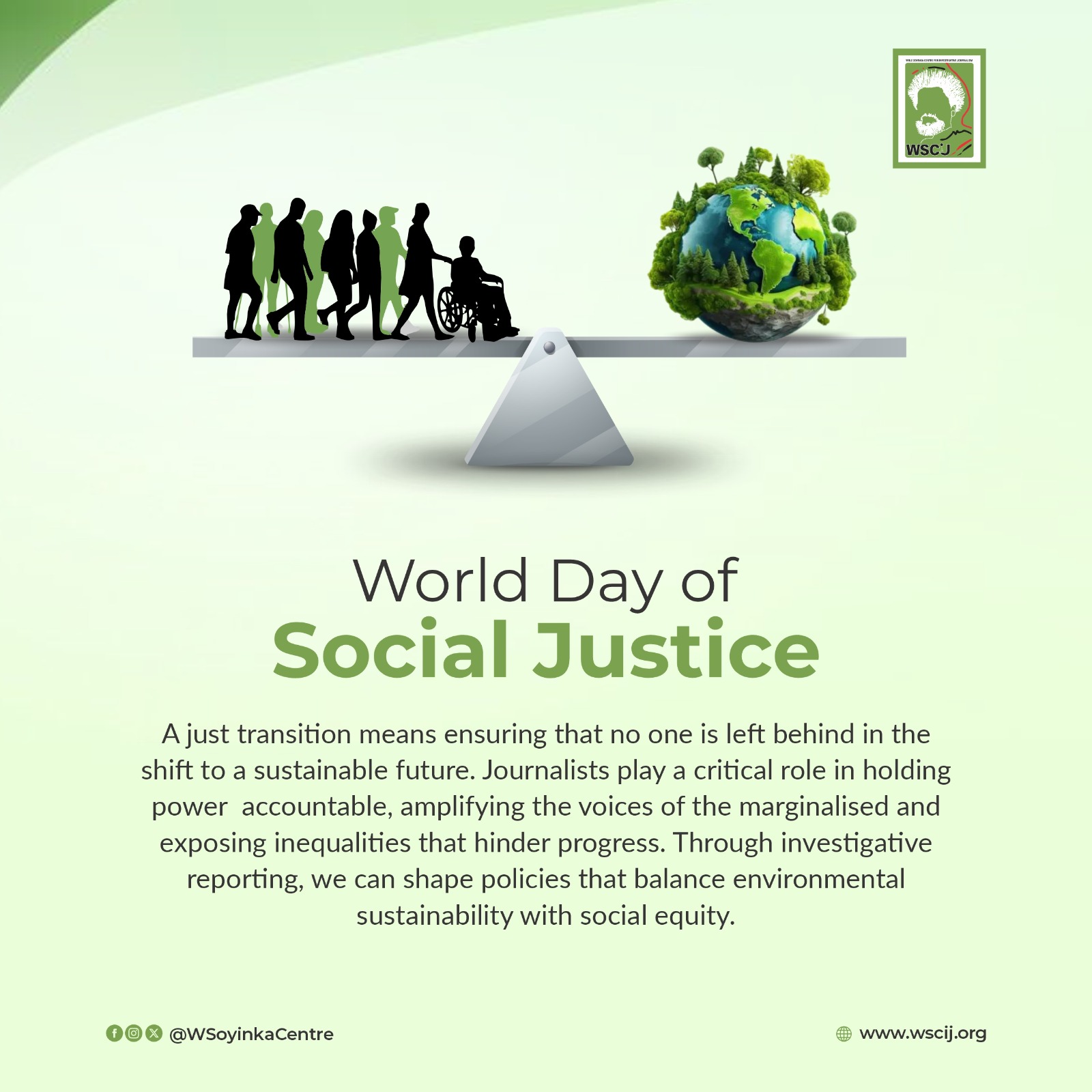Discussants at the ‘Stakeholders’ Conversation on the 2023 Journalism and Civic Space Status Report’ of the Wole Soyinka Centre for Investigative Journalism (WSCIJ) focused on the need for stronger media-Civil Society Organisation coalitions to halt the attacks on civic space and advocated for prosecution of security officers violating civic space and improved understanding of legal provisions by journalists. Participants condemned the weaponisation of the Cybercrime Act by state actors, judiciary’s role in media suppression, highlighted the influence of media ownership on press freedom, and called for legislative reforms to repeal repressive laws during the stakeholder’s meeting, held in Lagos on Wednesday 29 January.
In her opening remarks, Motunrayo Alaka, Executive Director/CEO of WSCIJ, mentioned that the 2023 report reaffirms the centre’s commitment to highlighting the press and civic actors’ role in safeguarding civic space. Presenting key findings from 134 monitored stories across 32 media organisations, Alaka noted a spike in civic space infringements during the 2023 election year, with peak violations recorded between February and March (general elections) and November (off-cycle elections in Bayelsa, Imo, and Kogi).

She revealed that 64% of reported cases (86 incidents) were violent infringements, including assaults and fatalities, while 36% (48 cases) were non-violent, involving access denial and regulatory sanctions. She explained that the trend showed systematic suppression through access denial and regulatory sanctions. Further findings revealed that journalists faced 44 attacks, with 41 occurring while on duty, underscoring the risks they endure. Alaka revealed that polling units emerged as the most dangerous locations, accounting for 34% (14 cases) of civic space infringements against media workers.

Abigail Ogwezzy-Ndisika, Professor of Mass Communication commended WSCIJ for consistently promoting a robust civic space and urged media and CSOs to engage data in the report through persistent reporting. The Director, Institute of Continuing Education at the University of Lagos emphasised addressing issues highlighted in the report, including frosty CSO-media-security relations and media harassment. She also stressed the need to bridge capacity gaps within the industry. Richard Akinnola, Executive Director, Centre for Free Speech lamented that 2024 was a terrible year for the civic space as the Nigerian Police Force weaponised the cyber crime laws. The former Vanguard newspaper editor condemned civic space infractions under President Bola Tinubu, a former pro-democracy advocate as he urged stronger media-CSO collaboration to resist the ongoing suppression of press freedom and create a unified, influential voice against the siege on the media.
Another participant Mojeed Alabi from the African Cities Research Consortium traced the difficulty in accessing information from Public Relations Officers who were former journalists due to the “see-finish syndrome.” The former Head, Development Desk at Premium Times called for coalition and class action to protect civic space, warning that a divided media emboldens violators. He stressed the need for a coordinated movement of trained professionals to stem the pandemic of untrained news writers in the media space. Kayode Ladeinde, Executive Editor, TVC News in his contribution said beyond the activities of state actors, the influence of media owners in gagging the voices and pen of journalists has also portend greater challenge to press freedom. He reiterated journalists’ duty to uphold their roles regardless of their platforms. Beyond engaging security officials to resolve cases of arrests and detention, he urged the media to focus on creating a sustainable system that safeguards free civic space. Juliana Francis, Editor in Chief, Security News Alert, affirmed that the report reflects the media’s current reality. She urged WSCIJ to publish an abridged version for security training institutions and called for the amendment of laws restricting media freedom to drive the desired change Ebunoluwa Olafusi, Factcheck Editor, The Cable Newspaper, enjoined journalists to familiarise themselves with press laws and legal provisions on media rights. She also advocated for prosecuting security agents who violate journalists’ rights as a deterrent. Similarly, Oluwakemi Oni, Legal Adviser, Socio-Economic Rights and Accountability Project (SERAP) stressed the need to engage security agencies and lawmakers in discussions to challenge repressive laws.
Ayode Longe, Deputy Executive Director, Media Rights Agenda, revealed that based on MRA’s observation, the judiciary especially the Magistrate Courts is a willing tool in the onslaught against media freedom through long winding bail hearing and difficult bail conditions. He said the media must also put its house in order by staying united rather than attack each other. In his own comment, Oluwaseun Abolurin, Public Relations Officer, Nigeria Security and Civil Defence Corps (NSCDC), Lagos Command, maintained that since 1999, there has been a rise in the freedom of speech as he advocated for continued collaboration to promote an improved ecosystem. He stressed that national interest should guide journalism and called for regular stakeholder engagements to address conflicts. Abolurin also lamented the rise of quacks in journalism and advocated for standardisation.
The stakeholders’ conversation is a follow-up to the Civic Space Guard Conference and the high-level meeting on enhancing journalists’ safety and strengthening civic space under the ‘Leveraging the power of the media to fortify the civic space and tackle malinformation’ programme of WSCIJ with the support of the Netherlands Embassy. The programme highlights media’s critical role in safeguarding democratic freedoms and reinforces its vital function as an independent guardian of civic space through public dialogues, media monitoring, and recognition of journalists who expose impunity and defend fundamental human rights. Other attendees include Rotimi Akinola, Analyst with Centre for Media and Society; Faleke Olapeju, NSCDC; Faustino Babatunde, Assistant General Secretary, Association of Communication Scholars & Professionals of Nigeria; Lekan Otufodunrin, Executive Director · Media Career Development Network and WSCIJ members of staff.

